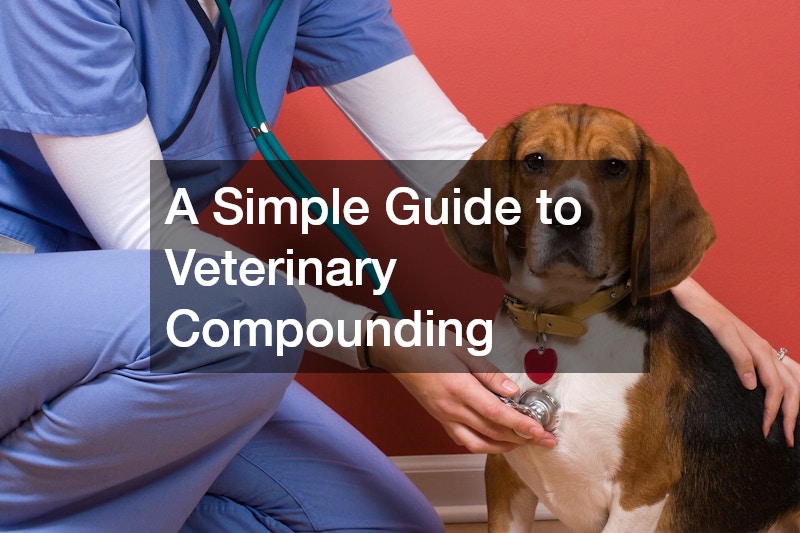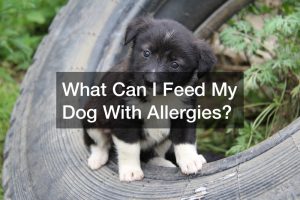

Veterinary compounding is a specialized practice that tailors medications to meet the unique needs of animals. It involves modifying or combining ingredients to create a medication that is not commercially available in a suitable form for the patient. Whether it’s adjusting the dosage, flavor, or form of a drug, veterinary compounding plays a crucial role in ensuring that pets and other animals receive the most effective and appropriate treatment.
Understanding Veterinary Compounding
Compounding is often necessary when standard medications are not suitable for an animal due to factors like size, species, or taste preferences. For example, a cat may refuse to take a bitter pill, so a compounding pharmacist can create a flavored liquid version that is more palatable.
Similarly, if a dog requires a dosage smaller than what’s available commercially, compounding allows for precise adjustments to meet the specific needs of the animal.
Benefits of Veterinary Compounding
The primary benefit of veterinary compounding is the ability to customize medications to suit individual animals. This customization ensures that each animal receives the right dose in a form that is easy for them to take. Compounded medications can be made into various forms such as liquids, capsules, ointments, or even chewable treats, making it easier for pet owners to administer the necessary treatment.
Another significant benefit is the ability to combine multiple medications into a single dose. This can be particularly useful for animals with chronic conditions that require multiple drugs, reducing the stress and difficulty of administering multiple medications.
When is Veterinary Compounding Necessary?
Veterinary compounding is necessary in several situations. One common scenario is when a pet has an allergy to an ingredient in a commercially available medication. Compounding allows for the removal or substitution of the offending ingredient. It’s also useful when a pet requires a medication that has been discontinued or is unavailable in the required form or dosage.
In addition, compounding is often used for exotic pets, such as reptiles or birds, which may require very specific dosages or forms of medication that are not readily available on the market.
Safety and Regulation
It’s important to note that veterinary compounding is a highly regulated practice. Compounded medications should only be prepared by licensed pharmacists in accredited facilities to ensure safety and efficacy. The Food and Drug Administration (FDA) and various state boards of pharmacy oversee these practices to protect both animals and their owners.
Watch the video above for a simple guide to veterinary compounding!.



